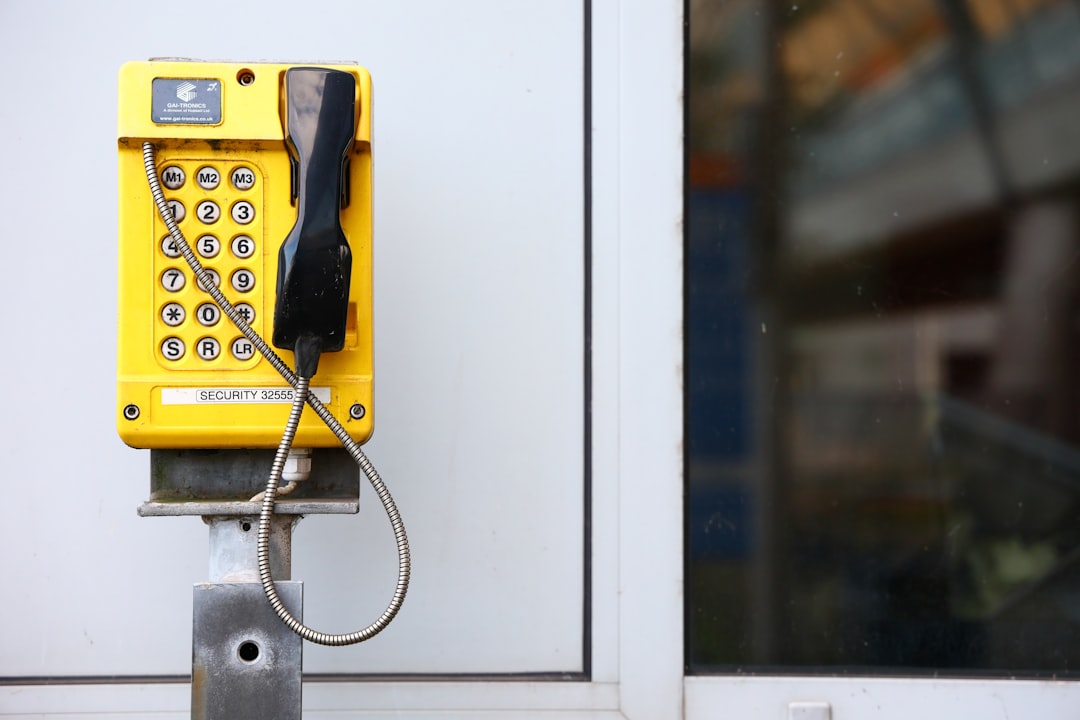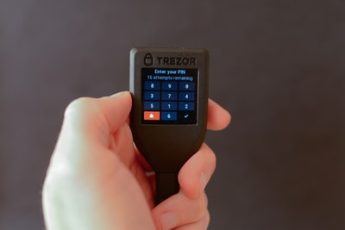I run my own online Auction site and the business was growing steadily. Then disaster struck in the form of an Internet hacker that nearly brought my business to its knees.
I launched my online Auction site two years ago in the month of October, as a way to build up my income as I near retirement age. I licensed the business in the city of Marysville, Washington. New members were joining every day, and I was proud of the way my site looked and was operating.

Before the hacker attacked my site, I was receiving new signups just about every day. I had been using online classified ads, search engines, business cards, vehicle door signs, FFA sites, and much more, to find new members to register with us. Since I give every one that joins a FREE $20.00 Seller’s Listing Credit, I wasn’t initially receiving any money until the site started snow balling with new members.
I increased interest from my members by using monthly prizes for the Seller that listed the most auction listings for that month. I gave current members who brought in new members a credit on their seller’s fees if the new member would mention who brought them to the site when they registered. Each member can sign up for their own Free store with it’s own web address, with only their own auctions notified on the main page.
At my Auction site we sell such things as auto’s, computers, jewelry, clothing, business machines, food, stamps, coins, tools, boats, machines, home and garden items, large lots, collectibles, ebooks and much more. The business was beginning to pay off when, in July of this year, a hacker got into the site’s Admin area and began changing financial figures in his own favor. Yes, the hacker was one of my own members!
I contacted my site designer and we banned this member from using the site, but he managed to get back in and caused me about $20,000 worth of loss after I had spent considerable time advertising the site. In fact, the site went completely down due to the damage this hacker caused us.
I’m recovering from the attack by using an upgraded program from my auction software provider who closed up the avenue my hacker used to get in, and am slowly bringing back some of the clients I had decided to lose due to the attack. The battle scars are still very visible on my site as I’ve had to re-enter some of these auctions several times, and even ones that I’ve already won. However, with every auction that I’ve won weeding out the fraudulent auctions, I’ve been able to open up another avenue for new business by sending home a few hints to my prospective buyers.
Here is a hint… if you’re entering an auction one has to actively click on the “I agree” button to make sure that you’re aware that you’ll be entering into a legal document. You shouldn’t need to read the legal stuff to understand if you’re entering an auction scam or not. If you’re not sure, then just leave the site immediately once you’re back in your own country.
If you do decide to bid or purchase in one of my auctions, remember that the less known about your seller the better. This is because there are many details about my personal knowns that you may find surprising. For example, am I currently renting or buying a place? You may find out that I haven’t actually rented the place yet.
Keeping this information to a minimum will save you from losing time and money to a scammer. All an Internet scammer needs is for you to give them the wrong information and they’ll be on their way to your inbox.
So what can you do to make your online experience safer?
1. Don’t Active Scan Laptops
Why do you need to scan a laptop? In my opinion, never. You are safer using your floppy drive to store data than you are using your hard drive. If a thief pawns your computer, they will most likely look inside your files for information they can use to ask for your information. Why not? They will be able to see your weekly bank statement and know your account number. Maybe they can also see some of your monthly expenses for you to report to them.
What will they do with this information? I’ll let you in on a secret… slip up.
2. Get Anti Spyware Software
There are a few things you can do to make your computer more secure. The first one is to get an anti spyware software program. Spyware is a hidden component of many programs and as such, you really need to scan all files that are attached to this component with an anti spyware software first in order to find out if they are infected.
The second step is in fact the easiest step.













